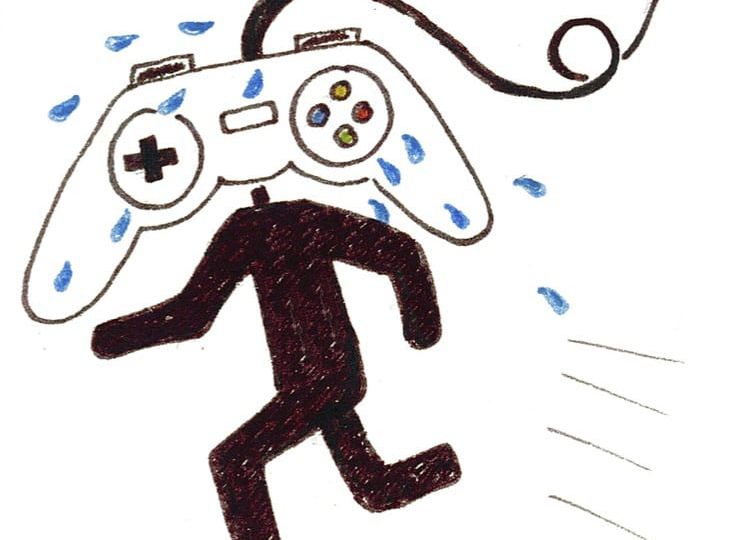
Lately, there has been a push to include online video games as sports and to consider them athletic activity, because they are mentally stimulating in the same way traditional sports are physically demanding.
For many competitive online gamers, games require extensive training and skill equivalent to what athletes devote to widely recognized sports such as basketball or football. Online gaming requires strategic skill as well as mental flexibility and toughness, the same characteristics that lead some people to recognize games such as chess and poker as sports. Additionally, many online video games have serious competitions, with major tournaments online which have both competitors and a high number of spectators. But do these factrs make online gaming a sport?
Webster’s dictionary defines a sport as “an activity involving physical exertion and skill in which an individual or team competes against another or others for entertainment.” Certainly these games involve skill, and as previously mentioned there are competitions that draw spectators.
Still, one of the major points of this definition is “physical exertion and skill.” Although I certainly respect online gamers for the time and energy expended in gaming, I disagree that this constitutes athletic prowess. When we discuss sports, we speak of something that incorporates a certain level of physicality. While mental skill and the strength of the brain are absolutely integral to competitive online gaming, this activity, in my mind, does not have the physical exertion needed to be considered a sport.
If we begin to consider all activities that challenge the mind as sports, then we begin to claim that hobbies such as competing in a physics bowl or singing in a competition are sports. In order to differentiate, we can make the distinction between hobby and sport by judging the physicality and athleticism required for each activity. By this definition, it is difficult to qualify online gaming—or even card games and board games—as “sport.”
However, although I do not define online gaming as a sport, I do not think that labeling an activity as a “sport” or “not a sport” legitimizes or delegitimizes it. Simply because we recognize certain activities as “sports” and others as “fine arts” or any other label does not imply that these things are unimportant or undemanding. We can recognize the legitimacy of online gaming as competitive, difficult and important without calling it a sport. Additionally, individuals certainly have the freedom to label themselves as athletes in online gaming.
Even within the realm of physical exertion, we do not always recognize certain activities as sports. For instance, some may categorize dance as an art rather than a sport even though it requires extensive physical training and sometimes competition. The label doesn’t minimize dancing; it remains a valid, strenuous activity. The claim that online gaming is not a sport does not diminish the difficulty and mental stress of the activity, nor does it delegitimize it.

